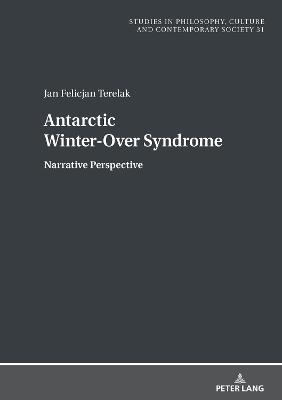Polish Contemporary Philosophy and Philosophical Humanities
2 primary works
Book 17
The author of the book provides a comprehensive examination of stress, an integral part of people’s lives. In the first chapter, he reviews the 20th-century theories of stress, from biological mechanisms of stress through medical concepts to contemporary models of psychological stress. The second chapter provides a detailed classification of sources of stress, based on physical, chronobiological, psychological and social factors. In the third chapter, the author focuses on reactions to stress and presents them from physiological, emotional, cognitive and behavioral perspectives. The fourth chapter focuses on two theoretical constructs: resistance to stress and coping with stress. The author presents task-oriented, emotion-oriented and avoidance-oriented strategies of coping with stress and underlines the role of social support in dealing with stress.
The author emphasizes the fact that stress has many faces. It can be seen as "eustress", which has an important motivational function, forcing us to make efforts and achieve life goals, or "distress", which distracts us from achieving our goals and comfort of life.
Book 22
The book is a journal that presents narrations and factual accounts of events covering 144 days the author spent during the Third Scientific Expedition of the Polish Academy of Sciences to the Arctowski Station on King George Island (South Shetland Islands). The observations comprise events and behaviors in daily life situations of a team of Polish polar explorers. A valuable source of knowledge for empirical psychology on the behavior of people in extreme conditions, the book describes symptoms that form the winter-over syndrome. The “winter-over syndrome” may be predicted by analogous effects of space isolation, especially in long-term space missions, like an expedition to Mars. Hence, this book is an important scientific and civilizational event in the era of space exploration.

